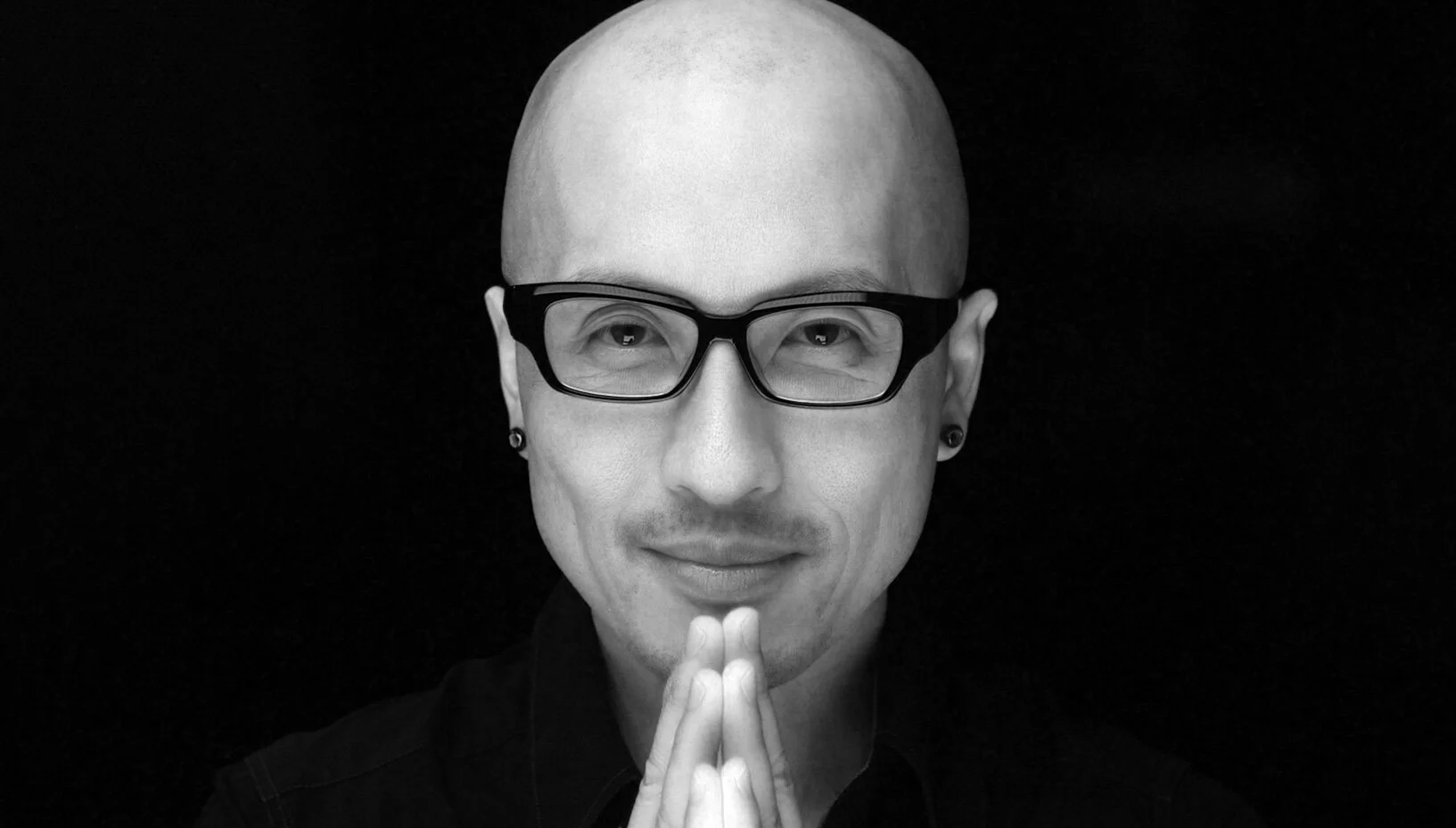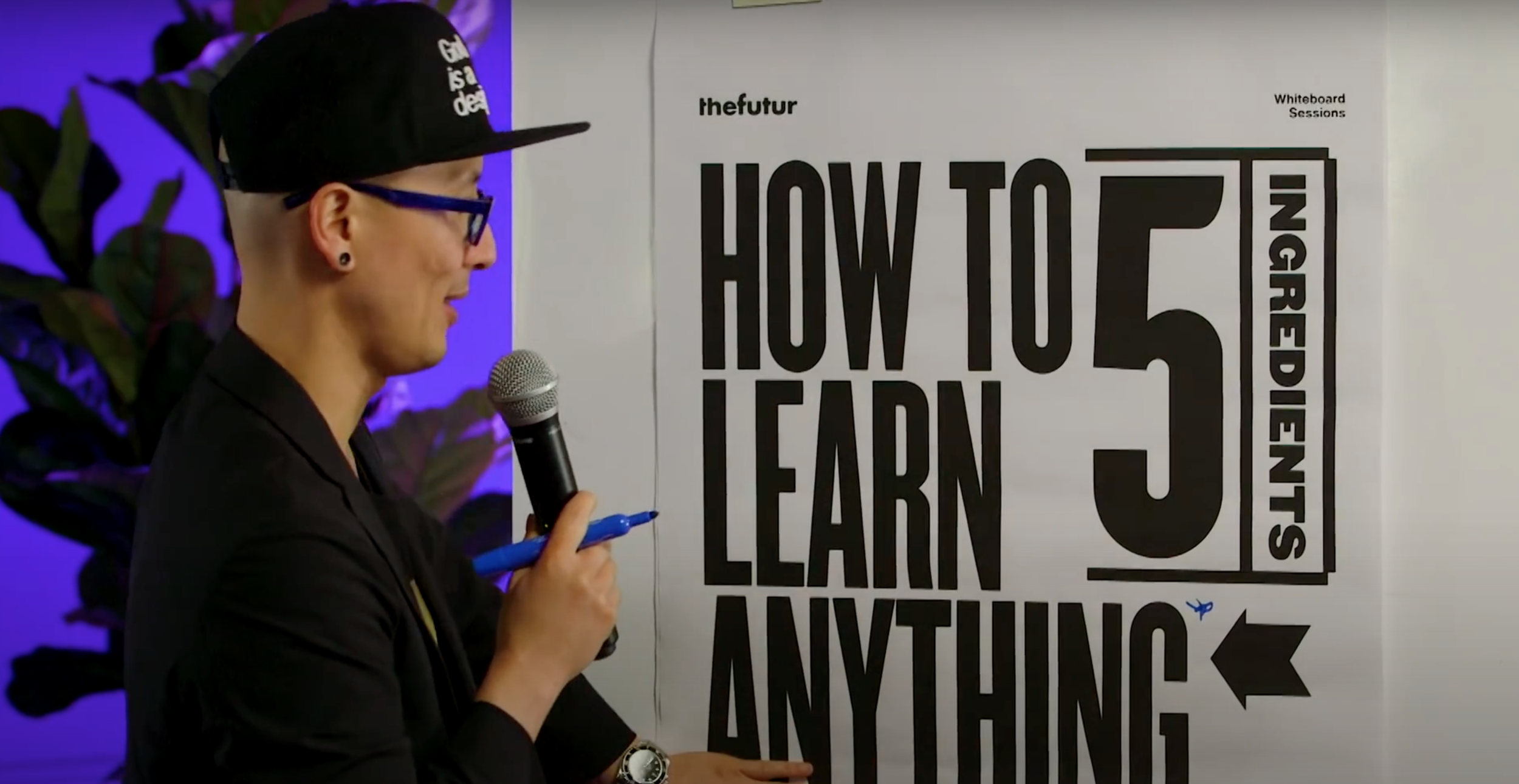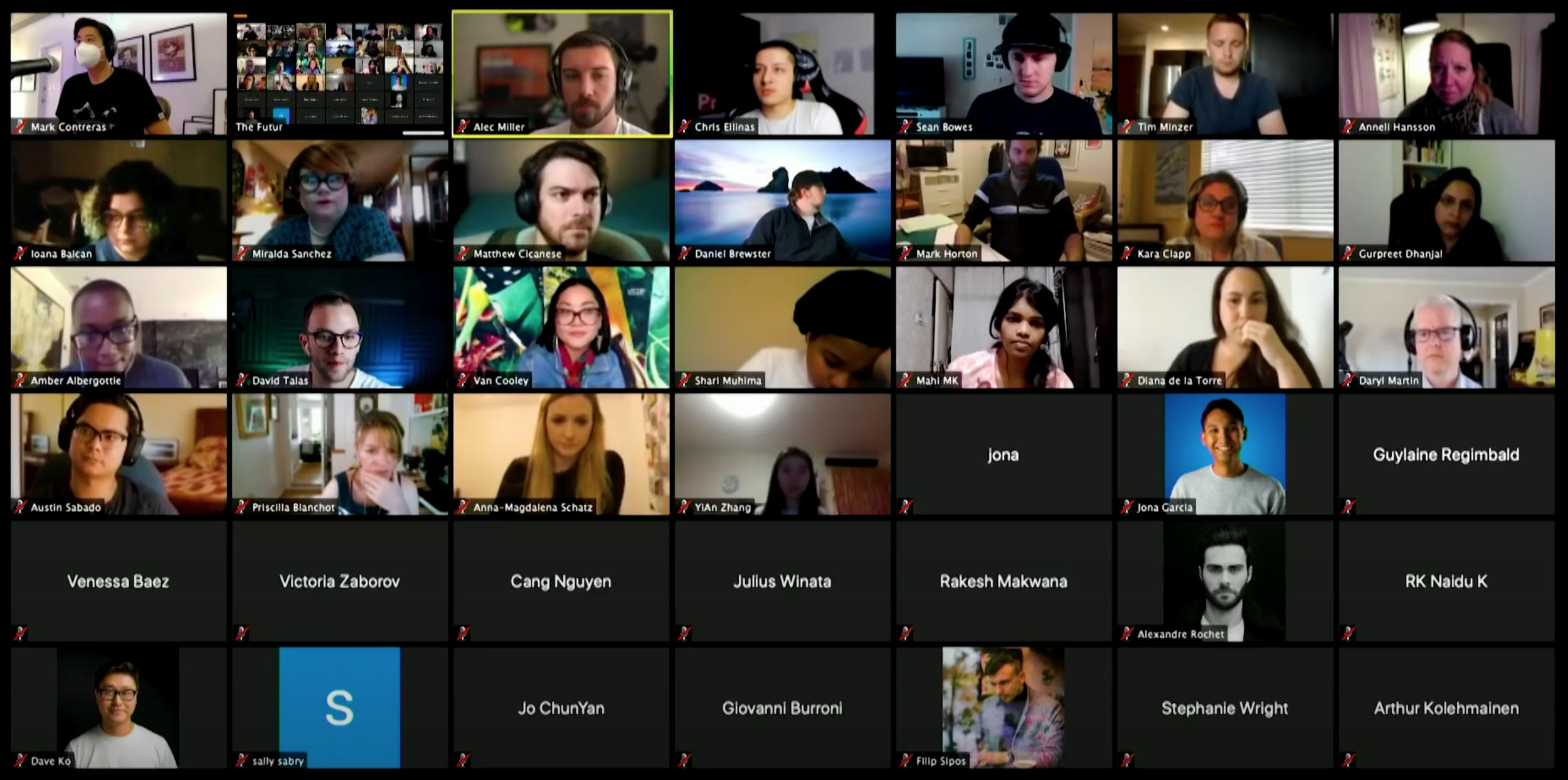Reimagining Education :: Chris Do
“ANYTIME YOU CHALLENGE PEOPLE’S PERCEPTION AND THEIR BELIEF SYSTEM, YOU’RE GOING TO HAVE A LOT OF PROBLEMS.”
— CHRIS DO
Chris Do, Emmy award-winning designer, director, and CEO & founder of The Futur, an online education platform with the mission of teaching 1-billion people how to make a living doing what they love, has had his fair share of problems to sift through over the years.
His company’s audacious goal to teach 1-billion people and the methods he has adopted to kickstart that goal has ruffled some feathers along the way, going all the way back to his early years as an instructor at ArtCenter College of Design and Otis College of Art and Design in California. His fifteen years of teaching experience laid bare some of the gaps that existed in education; namely efficiency, scalability, accessibility, and sustainability. In the internet age, there are more efficient ways to disseminate information than lecturing on the same topics over and over again; physical classrooms have a limitation on how many students they can hold so there is a need to scale the experience for a wider audience; private art schools are expensive and are only accessible to those who have the means (plus physical schools geographically, socially or politically restrict those who want to attend); and teachers aren’t paid what they’re worth nor are they able to profit from their ideas and lessons in the form of revenue sharing and book/course materials.
Do’s efforts to advocate for and address many of these issues while on staff were met with resistance, apathy, and, in some cases, hostility. “With everything that is new, it's going to make us challenge and question outdated systems, and there's going to be some fallout to disrupting the education industry — I don't want to pretend like there's not going to be. That's why people don't like the idea of change because if you're on the wrong side of change you're going to be left behind,” he shares in a recent A&T Talks podcast conversation. The solution and the way forward was to forgo looking for ways to make changes from within and instead build what he envisioned from the ground up. That venture is what we recognize today as The Futur.
While industries (notably the education sector in the United States) were suddenly faced with pivoting their practices toward online and adapting to survive in a Covid-19 pandemic reality, Chris Do and his lean team of designers, strategists, and editors were already a few years steeped into the practice of working remotely as they continued to create learning materials and resources for designers, freelancers, and entrepreneurs in the form of YouTube videos (for their now 1-million subscribers), Instagram carousels, podcasts, paid courses and resources, and even creating intimate networking experiences and 1-on-1 coaching sessions with members of their dedicated community tuning in from all over the world.
Undoubtedly, such a flexible, innovative, and far-reaching strategy is what is called for in an industry that has earned its soiled reputation for failing to adapt to how students in the digital age are learning and interacting with new information. The future of education is inevitably online, where we can meet people wherever they are with the information they are searching for and that is capable of transforming their lives for the better.
As Do sees it, “changing the system begins with looking at systemic issues like education and how they're often tied to communities of color and lack of access.” The solution he’s hankering for in the near future is a hybrid of sorts: online and in-depth teaching experience—brought to life with the latest cutting-edge technology typically found in the gaming and filmmaking industries—combined with a new-age affordable & minimal campus experience that boasts a revised format of communal learning (think theaters similar to that of a movie viewing experience). The ultimate goal: to create an accessible, digital, archival, interactive, on-demand learning experience where the wholesome development of students—mind and body—is priority and teachers are valued and paid in perpetuity for the groundbreaking course material they are creating and contributing to the ever-expanding library of information.
In our recent talk with Chris Do (listen here), he posits that in a few years, The Futur will be able to provide online courses and resources that gets students pretty close to where a private school education would get them. And with private art schools costing nearly $24,000 per semester, he is convinced that for the price of one semester, you can have access to The Futur’s entire catalogue, a couple year’s worth of community membership, 1-on-1 coaching sessions, and networking/other relevant events to build up both the skills and mindset necessary to thrive as a professional creative, and still have some extra funds left over. There’s simply no arguing against that. What’s remarkable is that this is only the beginning of Do and The Futur’s journey to fully reimagine education.


